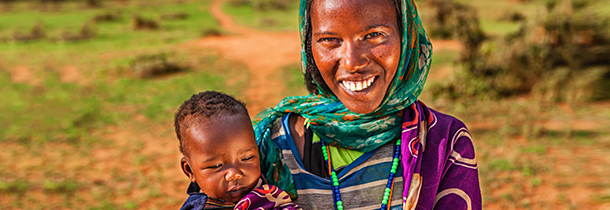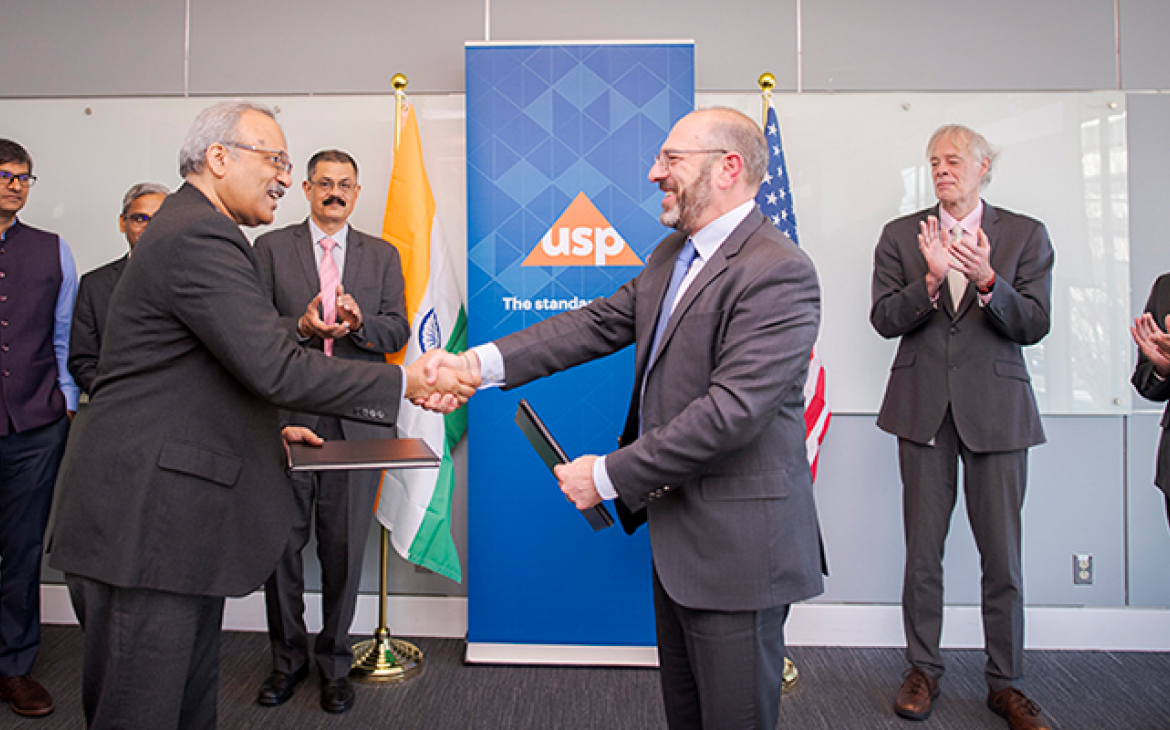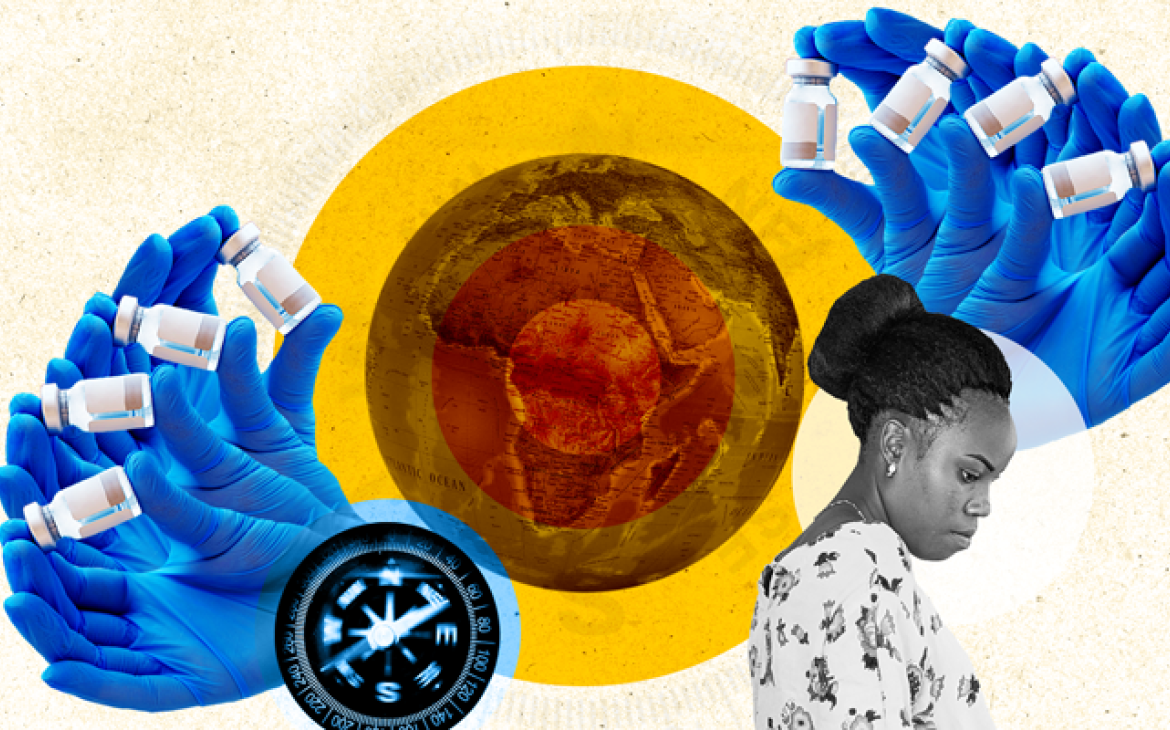
By Katherine Bond, Sc.D., Vice President International Public Policy and Regulatory Affairs at U.S. Pharmacopeia (USP) a scientific nonprofit organization that sets standards for the identity, strength, quality, and purity of medicines, food ingredients, and dietary supplements manufactured, distributed and consumed worldwide. USP’s standards are used in more than 140 countries. During the World Health Assembly, Dr. Bond will be a panelist on “Enabling Global Health Security Through Health Systems Strengthening: Perspectives from Women Leaders”.
As the world responds to a new outbreak of Ebola in the Democratic Republic of Congo, many may not realize that women tend to be at greatest risk. If this outbreak follows previous patterns, as many as 75% of those infected will be women, which has massive implications for families and society at large.
To help women survive and thrive, it is imperative that health security efforts focus not only on building response capacity to emergencies like the last Ebola pandemic, but on creating more resilient health systems. As I prepare for the World Health Assembly which begins May 22 in Geneva, Switzerland, I hope to help bring more attention to key components of effective healthcare delivery: the availability of quality assured medicines, and the human workforce to sustain services in the face of pandemic threats.
If these efforts are to have a lasting impact, it is critical that women, already the traditional caregivers in many communities, be part of those efforts.
Women’s Disproportionate Burden
Women are disproportionately affected during health crisis situations for several reasons. Lower socioeconomic standing means women often have poorer nutrition and lack access to education and basic health services. Traditional gender roles means women are more likely to be exposed to disease because they are the primary caregivers. Women prepare meals, care for the sick and attend to the dead. Women also make most health care decisions in the family. Simply put, women are at the center of global health security.
High-profile emergencies, such as Ebola, Zika and Influenza, demand responses that require not only effective services, but also effective treatments. But in low- and middle-income countries regulatory authorities often face daily challenges assuring medicines quality, even outside a crisis situation. The growth of online distributors, according to the WHO, now means there is not a single country that is untouched by this problem of substandard or falsified medicines.
Shortages in quality-assured medicines hamper health emergency responses during outbreaks, they undermine continued efforts to reduce the impact of the tuberculosis, malaria and HIV/AIDS epidemics and impede improvements in maternal and child health outcomes.
Women Leaders in Science, Policy and Practice
Resilience during public health crises requires investing in health systems and people, especially women, as agents of change.
USP collaborates with the WHO, national medicines regulatory authorities, manufacturers and other partners to increase the supply of quality-assured essential medicines by building technical capacity and human resources at all levels. In Africa, for example, in 2015 USP created the Women in Science Exchange (W.I.S.E.), a program to empower and mentor female students and professionals in science and help them to advance into leadership positions. Recognizing that women are under-represented in the African health workforce, the program paired female students with mentors, African women who are established leaders in pharmaceutical, medical or regulatory science.
In a recent visit to Myanmar, I was struck by the efforts of the head of the recently accredited National Medicines Quality Control lab, Dr. Khin Chit, to mentor her staff, over 90% of whom were young women, reflecting a similar shift in opportunities in Southeast Asia.
USP also provides on-site training for quality-assurance professionals around the world. In 2016, USP facilitated the training of over 1,000 individuals from 19 countries – over 500 of which were women. Together these efforts seek to improve the pipeline of future women scientists. We can all do better to support women in science as part of building resilient health systems.
Looking to the Future
Neither pathogens nor medical products respect national borders. Substandard and falsified medicines may be uncommon in the U.S. and other industrialized and middle income nations but global supply chains and travel make all of us vulnerable to health threats associated with poor quality medicines. They fail to treat infectious diseases and contribute to drug resistance, elevating the risk of further spread, locally and globally.
To achieve the Sustainable Development Goals, everyone needs medicines that are accessible, affordable and quality assured. USP is committed to investing in women and strengthening systems across the globe so the medicines people take are quality-assured, no matter their gender or where they live.


